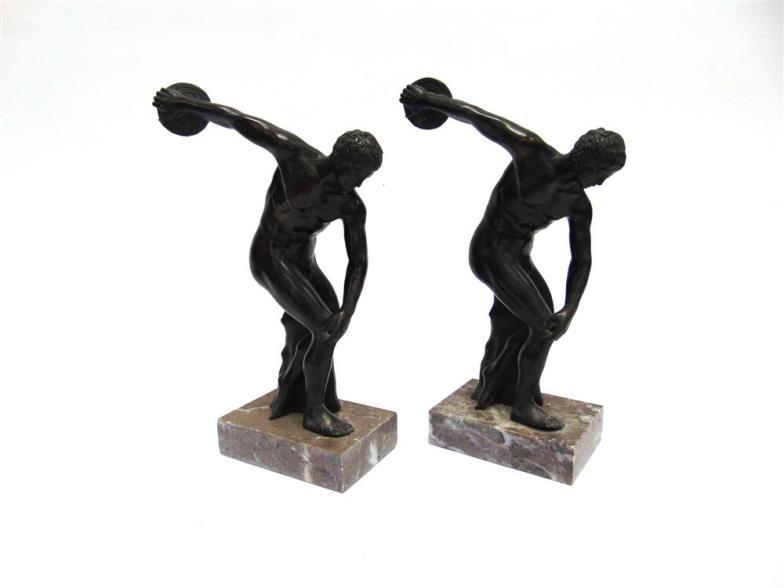Post by t-bob on Jul 3, 2019 10:02:32 GMT -5
paradīsiacus
adjective
1. of, like, or befitting paradise.
Quotes
... the proximity to the Tols, a range of inland mountains, created otherworldly climates which were sometimes paradisiacal, sometimes demoniacal, always one extreme or the other. -- Stephen Marche, Shining at the Bottom of the Sea, 2007 Unlike our paradisiacal, blue-and-white Earth, the moon has no atmosphere and no real sky—just gray dust and black space, such that color photographs from moonwalks appear mostly black and white, as though someone colorized the American flags after the fact. -- Elisa Gabbert, "NASA's Overlooked Duty to Look Inward," The New Yorker, December 21, 2016
Origin
Paradisiacal comes from the Late Latin adjective paradīsiacus “pertaining to heaven, pertaining to the Garden of Eden,” a word appearing only in Christian authors. Paradīsiacus is a derivative of the noun paradīsus “a park,” and in Christian authors, “paradise.” Paradīsus is a borrowing of the Greek noun parádeisos, which first appears in the works of the Athenian historian and essayist Xenophon (c430-350 b.c.), meaning “enclosed park or pleasure ground with animals (for hunting),” and always referring to the grounds of Persian kings and nobles. In later authors parádeisos simply meant “garden, orchard.” By the time of the Septuagint (the oldest Greek version of the Hebrew Bible, translated in the 3rd and 2nd centuries b.c.), parádeisos referred to the Garden of Eden (as in Genesis 2:8). In the Gospels parádeisos means “the abode of the blessed, heaven.” Parádeisos is a Greek borrowing from Avestan pairidaēza “enclosure,” literally “walled around.” (Avestan is the ancient East Iranian language of the Zoroastrian scriptures.) Paradisiacal entered English in the 17th century.

